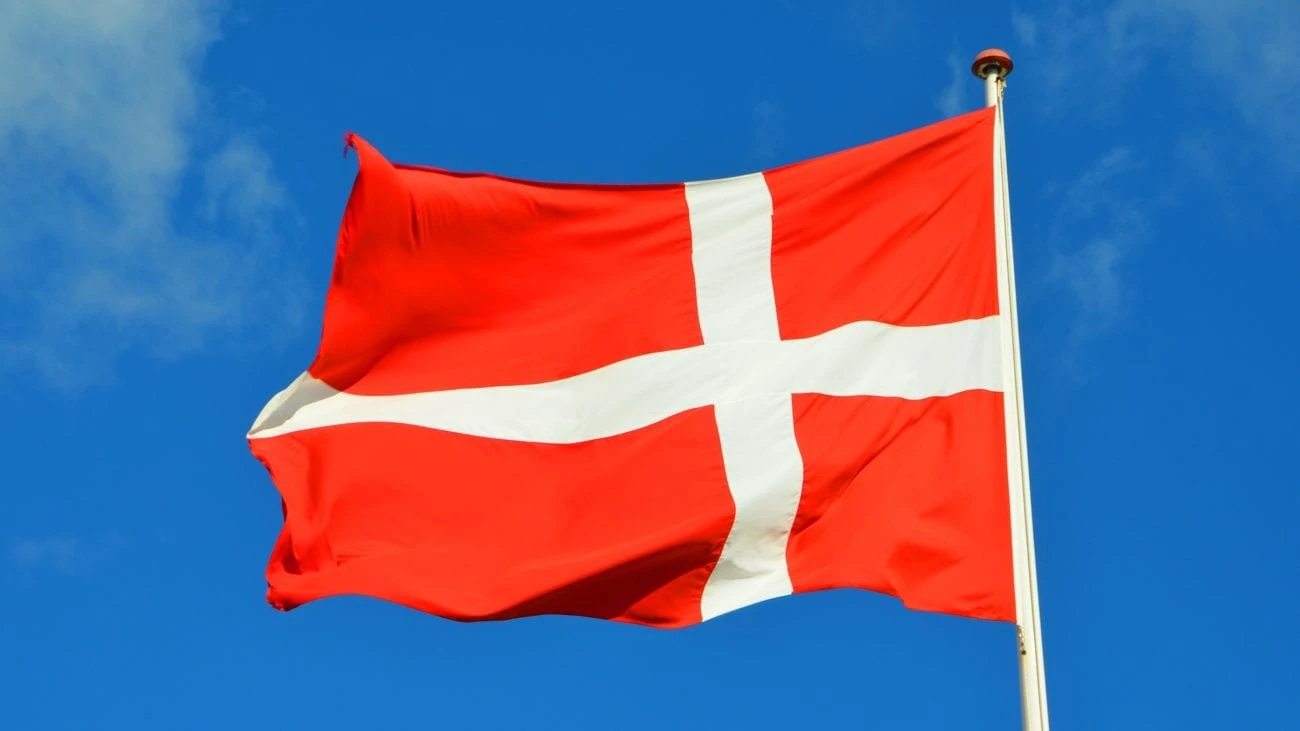Decline in digital pushes Danish GGR down 2.8% in 2022

A new report published by Denmark’s gambling regulator Spillemyndigheden laid out how the gaming sector performed in 2022 along a range of metrics, including total revenue and average spend.
Last year the gambling market was largely unaffected by Covid-19 restrictions. This meant land-based casinos and slots machines reported a rise in revenue when compared to 2020 and 2021.
However, the total gross gambling revenue for the Danish gambling market stood at DKK10.1bn in 2022, a fall of 2.8%. This means that the rise in retail and land-based gaming did not compensate for the overall decline in digital gaming.
Denmark gambling revenue dominated by online segment
The report also found that 60% of all games in Denmark were played using online channels such as computer, smartphone and tablets.
“Although the majority of Danes’ games take place online, the Gambling Authority of course still supervises the physical gambling market in, among other things, casinos and in gambling halls and kiosks”, said Spillemyndigheden director Anders Dorph. “It is important that the law is observed, both in online and physical games.”
The report also highlighted that Danish consumers over the age of 18 spent an average of DKK2,350 on gambling activities in 2022. Overall, this means that Denmark had the twelfth highest gambling spend in Europe.
When compared just to the Nordic countries, Denmark has the lowest average gambling spend, with Sweden, Norway, Finland and Iceland all exhibiting a higher totals.
Of the other Nordic countries, only Sweden has the same system of multi-operator licensing as Denmark. Finland, Norway and Iceland all have instead a monopoly system with a significant grey market.
However, the recently installed Finnish government has pledged to introduce a licensing model by 2026.
